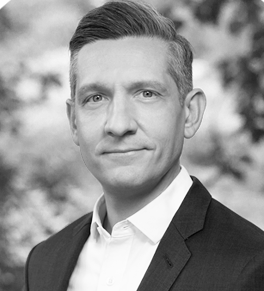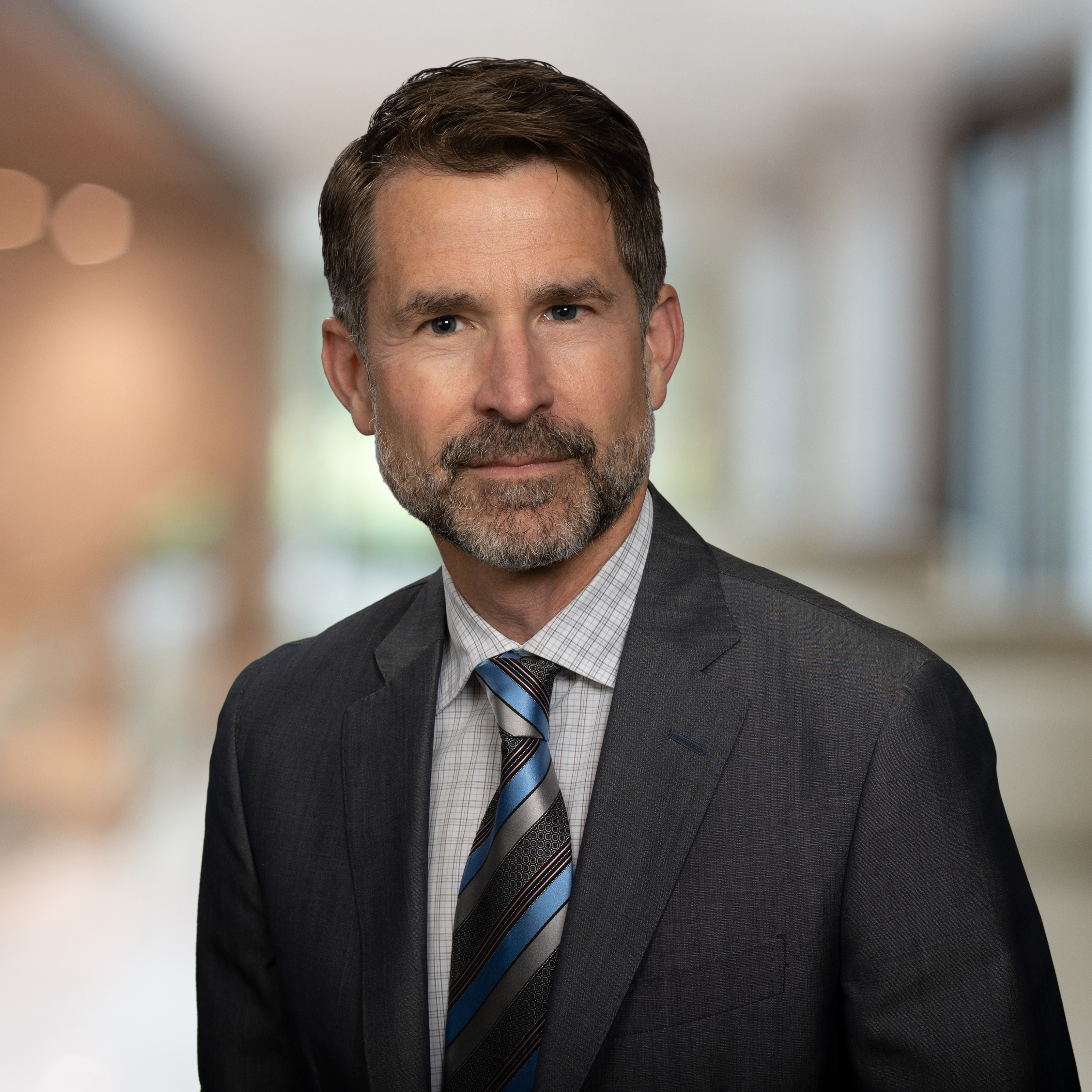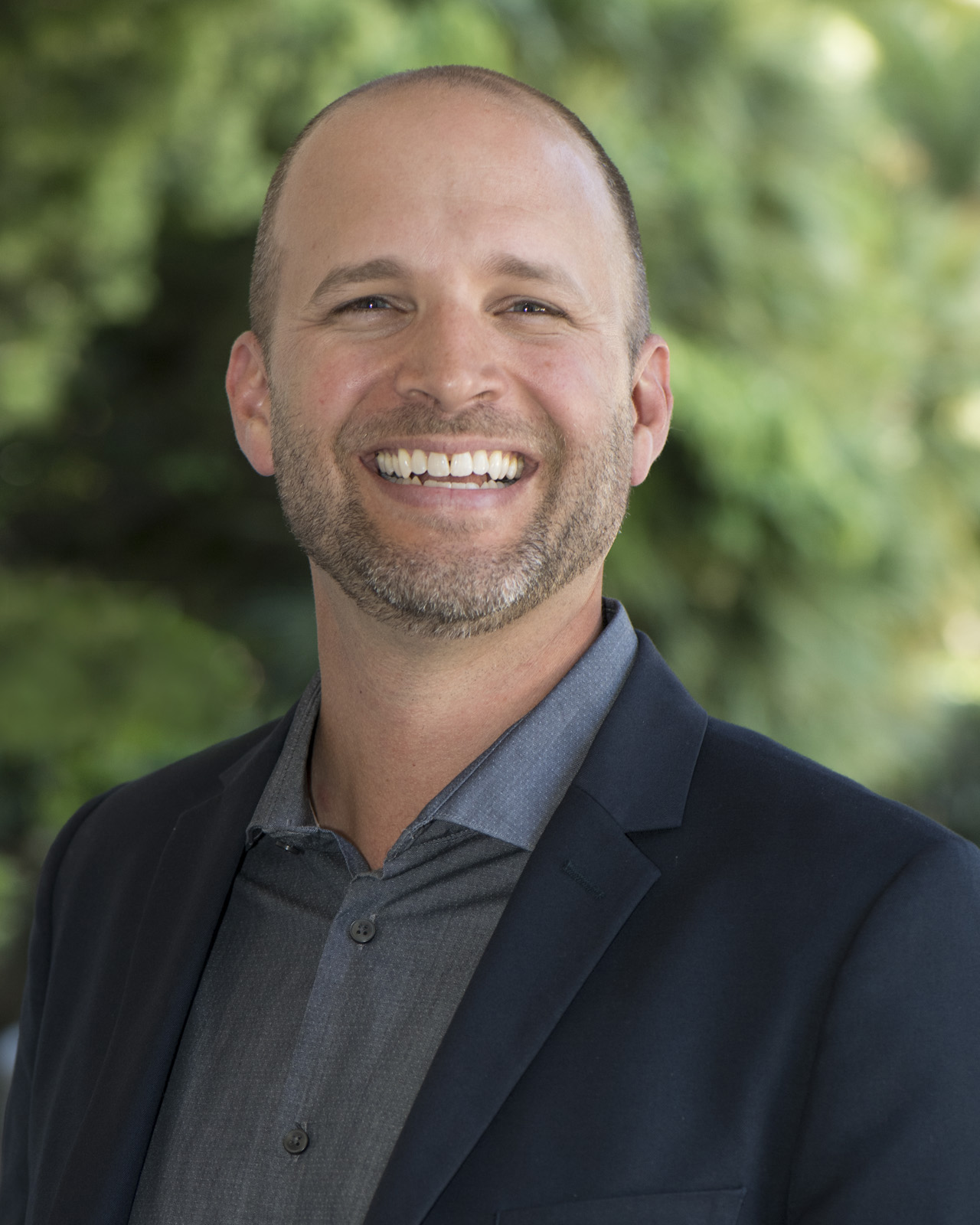On-Demand Webinar | Free
This webinar was recorded on June 21, 2023.
Supply chain challenges and federal funding are reinforcing the value of reinvesting in America’s clean energy workforce.
This panel brings together perspectives from labor, industry, and leading labor economists to discuss the transition of the clean energy workforce, the new prevailing wage and apprenticeship requirements under the Inflation Reduction Act, and key steps needed to realize this transition, including community engagement, training programs, and partnerships.
Learning Objectives:
- Review labor standards under the Inflation Reduction Act
- Explore the ZEV Market Development Strategy’s role in transitioning to a clean economy
- Examine the unique role community colleges play in clean energy workforce development
Who Should Attend this Webinar?
- Thought leaders in the renewable energy sector
- Higher and continued education institutions
- Small and large business owners
- Solar and energy storage installers
- Labor economists
- Consultants, clean energy recruiters, and Human Resources professionals
Speakers

Joe Goodenbery, Strategen
Joe Goodenbery is a Senior Manager at Strategen, where he provides project management, economic analysis, and technical expertise for engagements involving decarbonization strategy, resource planning, emerging technologies, and economy-wide implications for the transition to a clean energy future. He has extensive experience in capacity expansion and production cost modeling for the electric grid, economic impact and job creation studies, wholesale electricity markets, and environmental policy analysis. Prior to joining Strategen, Joe served as the Lead Economist at NRECA, where he specialized in strategic analysis, market dispatch modeling, economic impact and contribution studies, broadband benefits estimation, and the role of cooperative utilities and their communities in the broader economy.
He previously held positions at FTI Consulting and LECG, where he provided economic consulting and litigation support for wholesale electricity market design and market power issues in NYISO, CAISO, PJM, MISO, and ERCOT, and probabilistic cost analysis to estimate environmental damages Joe holds a master’s degree in environmental economics from the University of Georgia and a bachelor’s degree in mathematics from Ithaca College.

Bernice Diaz, Sheppard, Mullin, Richter & Hampton LLP
Bernice’s practice focuses on labor and employment litigation, representing employers in complex wage and hour class actions in state and federal courts, representative actions under the California Private Attorneys General Act (PAGA), and single-plaintiff matters involving claims of discrimination, harassment, retaliation, and wrongful termination.
She also advises and counsels clients on employment and compliance issues, including discipline and terminations, personnel policies, employee handbooks, disability accommodation, prevailing wage, and wage and hour compliance issues.

Jeffrey Clary, Foundation for California Community Colleges
Jeffrey Clary is Senior Director of Climate Strategies at the Foundation for California Community Colleges, the official non-profit supporting the largest higher educational network in America. This new area of focus at the Foundation bridges workforce development, community impact, and facilities and operations to address climate-related challenges facing Californians.
Prior to joining the Foundation, Clary served as administrative director for the UC Davis Natural Reserve System, a network of research, teaching and outreach field stations located in natural settings across northern California.

Tyson Eckerle, Senior Advisor for Clean Infrastructure and Mobility for Governor’s Office of Business and Economic Development
Prior to his current role, Tyson served as the Deputy Director of Zero Emission Vehicle Infrastructure in the Governor’s Office of Business and Economic Development (Go Biz). In that role, he focuses on coordinating resources to streamline the development of hydrogen and plug-in electric vehicle stations. Before joining Go Biz, Tyson served as Executive Director of Energy Independence Now (EIN), where he and his team developed the Hydrogen Network Investment Plan with input from multiple stakeholders.
Tyson holds a B.A. in Biology from the University of California, Davis and a Master of Environmental Science and Management (MESM) from the Bren School of Environmental Science and Management from the University of California, Santa Barbara.
Register for this webinar by completing the fields below.
Thank you!
Thank you for registering for the webinar. A confirmation email will be sent shortly with access to the materials.
